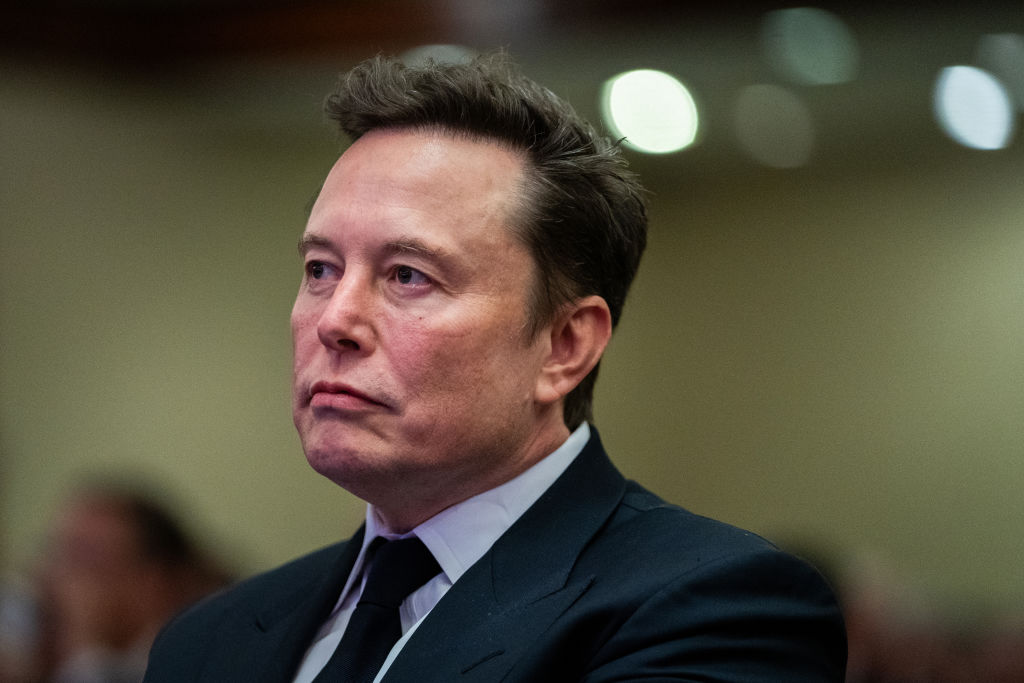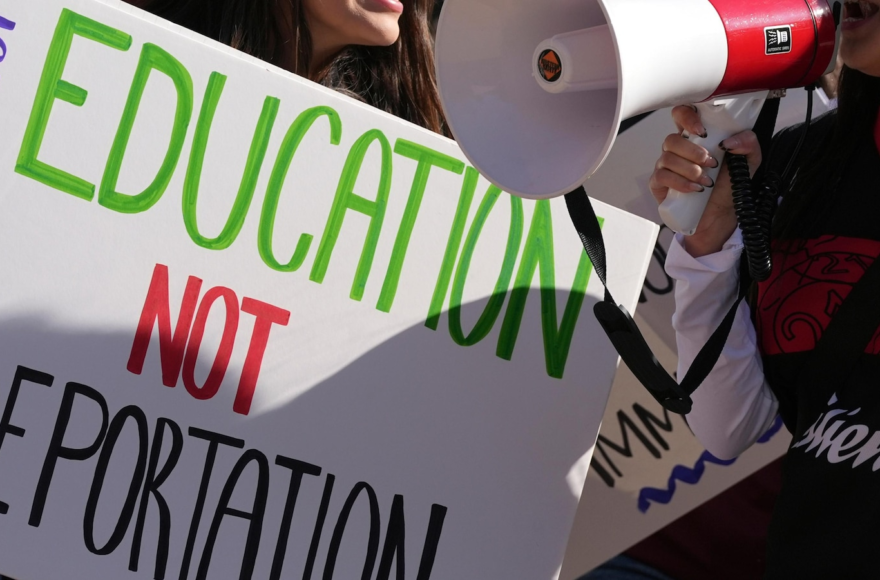Musk’s X Sues New York in Latest Legal Battle Over Content Moderation: What to Know

Content moderation, tech billionaire and self-proclaimed free speech “absolutist” Elon Musk told independent journalist Don Lemon in an interview on X last year that the X owner would go on to fire Lemon after, is “a propaganda word for censorship.”
Since acquiring the social media company formerly known as Twitter in 2022, Musk told Lemon he made it his mission to fight such controls and “preserve freedom of speech in America,” and he’s taken his case to courts across the U.S. and world.
Musk’s X Corp. filed a complaint against New York’s Attorney General Letitia James on Tuesday, arguing that the state law S895B, which is known as the Stop Hiding Hate Act and which takes effect this week, is an infringement of the U.S. and New York constitutions.
The law requires social media companies to submit reports on content moderation practices twice a year, particularly on how it handles hate speech, extremism, disinformation or misinformation, harassment, and foreign political interference.
X Corp. argues that such reports “are an impermissible attempt” by New York “to inject itself into the content-moderation editorial process.”
“Deciding what content should appear on a social media platform is a question that engenders considerable debate among reasonable people about where to draw the correct proverbial line,” the complaint states. “This is not a role that the government may play.”
Why is X suing New York?
S895B requires social media platforms operating in New York to clearly post terms of service, and enables users to question the terms and the process of flagging content that users believe violates those terms.
In its complaint, X Corp. challenged the section of the law that requires these companies to submit semi-annual reports on their platforms’ “content moderation practices,” which include how the company responds to user reports on flagged content and how they would remove content violative of the terms of service.
The complaint claims such required disclosures are a violation of the First Amendment as they compel companies to divulge “how their editorial processes work.” It added that forcing such “politically charged” disclosures is an attempt to “generate public controversy about content moderation in a way that will pressure social media companies, such as X Corp., to restrict, limit, disfavor, or censor certain constitutionally protected content on X that the State dislikes.”
X Corp.’s complaint seeks enforcement of the disclosures, including a $15,000-per-day civil penalty for companies in violation, to be declared null and void.
State senator Brad Hoylman-Sigal and assemblymember Grace Lee, the sponsors of the legislation, said in a statement that they are confident Musk’s challenge will be rejected, adding: “The fact that Elon Musk would go to these lengths to avoid disclosing straightforward information to New Yorkers as required by our statute illustrates exactly why we need the Stop Hiding Hate Act.”
What are Musk’s other legal battles against content moderation?
It’s not Musk’s first brush with courts over content moderation policies.
X Corp. previously challenged a similar 2022 law in California, which its latest complaint says New York’s law is a “carbon copy of.” A federal appeals court ruled in September 2024 that California setting out such content moderation requirements was a violation of free speech laws. (X Corp.’s New York complaint argued that the New York legislature “fail[ed]” to revisit its legislation after the ruling on the California policy.) In February, California reached a settlement with X Corp., dropping key provisions of the law that required disclosures on how platforms define problematic content and how they moderate it.
X Corp. has also recently challenged Minnesota’s ban on using deepfakes to influence elections. In April, X Corp. argued that such a ban “would criminalize innocuous, election-related speech, including humor, and make social media platforms criminally liable for not censoring such speech.”
Musk’s fight isn’t limited to the U.S. either: in August last year, Brazil blocked X after it failed to comply with orders to block user accounts accused of spreading misinformation. Musk decried such “draconian” orders, lambasted the judge behind the order, and argued that “principles matter more than profit.” But X Corp. eventually relented and resumed operations in Brazil in October after paying $5 million in fines.
The European Union is also reportedly preparing to level penalties at X for breaking its Digital Services Act (DSA), following an investigation launched in late 2023. According to the New York Times, X also faces a second E.U. inquiry alleging that its approach to policing user content transformed it into a hub of illegal hate speech, disinformation, and other material undermining democracy in the bloc.
How has Musk approached free speech on X?
Shortly after acquiring what is now X, Musk dissolved the platform’s Trust and Safety Council. The platform has also suspended high-profile journalists that have reported critically against Musk, and has reportedly throttled links to websites that Musk dislikes. In 2023, X Corp. sued the watchdog Center for Countering Digital Hate, which documented an increase in hate speech on X since his takeover, though a federal judge eventually dismissed that suit on the grounds that Musk was trying to limit the nonprofit’s “speech.”
This rise of hate speech on Musk’s platform was among the reasons why Hoylman-Sigal and Lee said they rejected requests from X representatives to meet, saying in a press release that “they did not believe that X wanted to meet in good faith to improve the bill, but would rather look to weaken it.”




